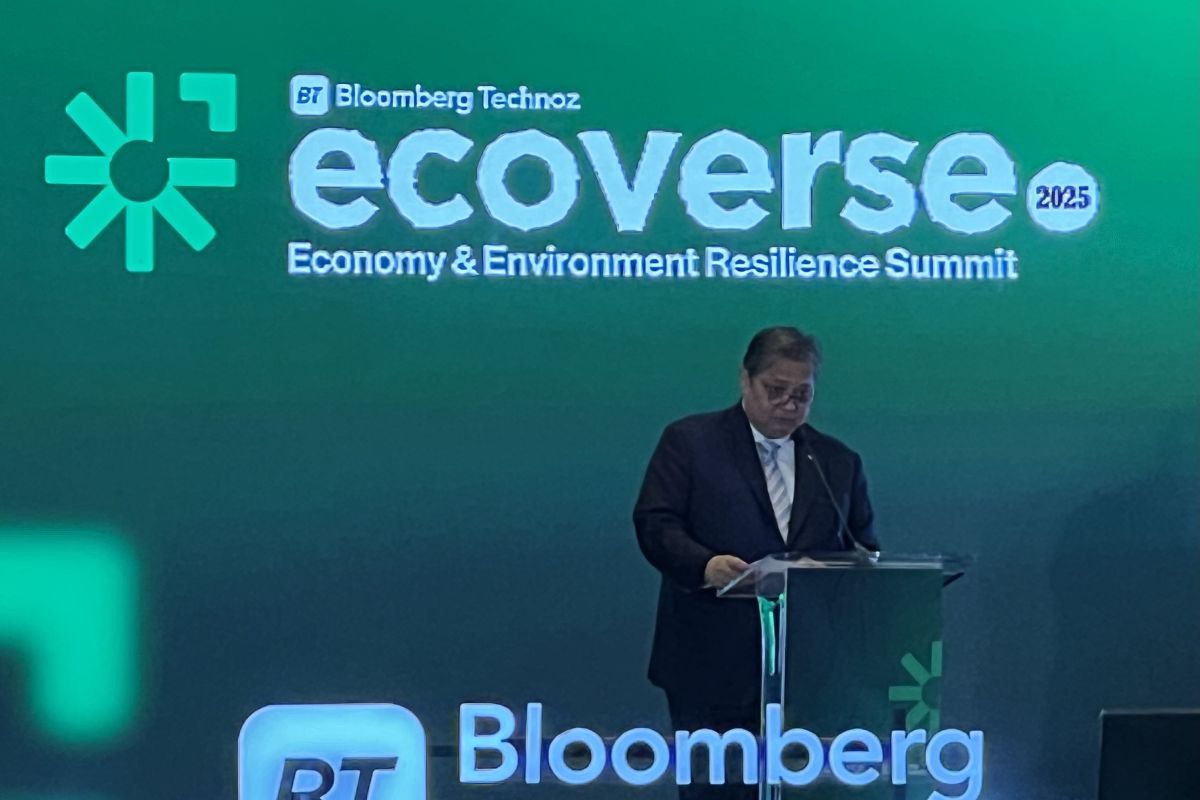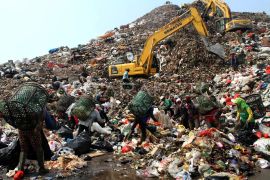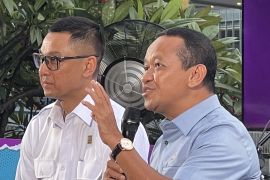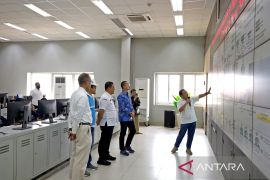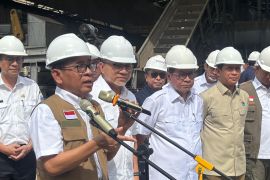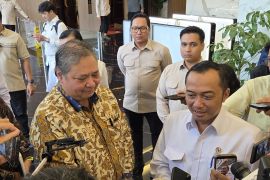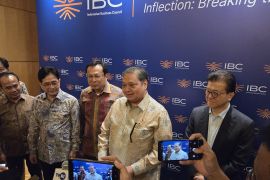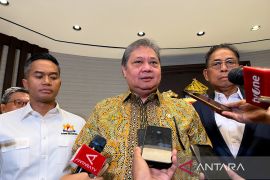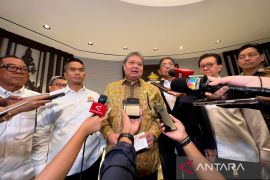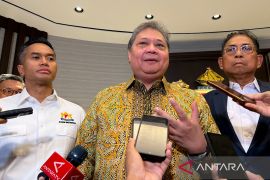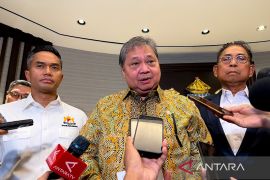"Through Danantara (Indonesia’s sovereign wealth fund), the government has committed to building waste-to-energy power plants, with the construction of seven projects beginning next year," he said on Thursday.
He added that these waste-to-energy plants are also crucial for boosting Indonesia's tourism sector, where a waste-free city will contribute to improving the tourism sector's ecosystem.
Earlier, President Prabowo Subianto had targeted the construction of 33 waste-to-energy plants by 2029, spread across various Indonesian provinces, particularly in areas with waste problems.
This direction is stipulated in the Presidential Regulation Number 109/2025 concerning Urban Waste Management Through Processing Waste into Renewable Energy Based on Environmentally Friendly Technology.
The regulation aims to resolve issues such as the complex tipping fees (waste processing fees) local governments must cover.
Separately, in a hearing with Commission VI, the President Director of PT PLN, Darmawan Prasodjo, outlined the total capacity of the seven waste-to-energy power plants (PLTSa) is approximately 197.4 megawatts.
"For the first phase, with a total capacity in seven cities of 197.4 megawatts, will handle almost 12,000 tons of waste per day," he explained.
On a different occasion, Environment Minister Hanif Faisol Nurofiq conveyed that the seven potential locations for waste-to-energy power plants (PLTSa) are: Greater Yogyakarta, covering Yogyakarta City, Sleman District, and Bantul District; Greater Denpasar, covering Denpasar City and Badung District; Greater Bogor, covering Bogor City, Bogor District, and Depok City; and the Greater Bekasi area, which includes Bekasi City and Bekasi District.
Followed by the Greater Tangerang area, which includes Tangerang District, South Tangerang City, and Tangerang City; the Greater Medan area covering Medan City and Deli Serdang District; and the Greater Semarang area covering Semarang City and Semarang District.
Meanwhile, two other areas, the Special Region of Jakarta and Greater Bandung, cannot yet be recommended because they do not meet key requirements, such as land availability and administrative readiness.
Related news: Indonesia, Finland explore cooperation in education, urban development
Related news: Indonesia to expand 3R waste management to tackle trash crisis
Related news: Over 200 investors eye Indonesia's waste to energy projects
Translator: Resinta Sulistiyandari
Editor: Azis Kurmala
Copyright © ANTARA 2025
